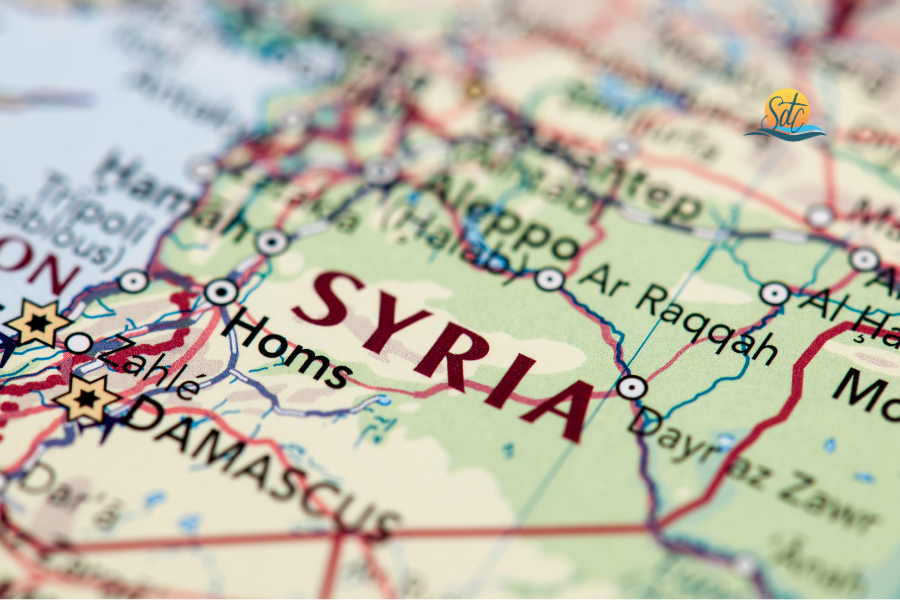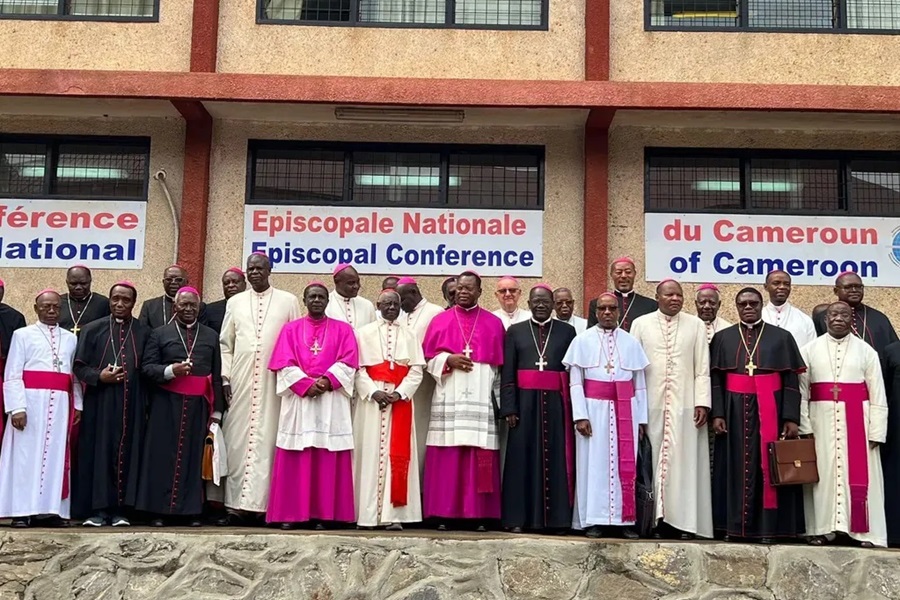Will a peaceful transfer of power occur and will the country avoid a fate similar to that of Libya since 2011 or Afghanistan?
In light of the dramatic Syrian scenario and the acceleration of events in a few days, it seems that the country is about to enter an ambiguous phase that is open to all possibilities. Those looking at the map of the region and beyond are faced with several question marks that may not be answered in the short term, especially regarding who will rule the country, what will become of Assad’s allies in Tehran, Beirut, and Moscow, what will become of his arch-enemies, and what fate awaits Syria after Assad?

Now that armed groups led by Hayat Tahrir al-Sham (formerly al-Nusra) have taken control of the government in Syria, and with the different ideological agendas of these groups and the association of some of them with regional and international powers, the scenario remains hazy, if not bleak.
Will Syria avoid a fate similar to Libya’s after the uprising against the Qaddafi regime on February 17, 2011?
What hope is there in Syria for a new government in a multi-confessional, multi-ethnic country populated by Kurds, Alawites, Druze, Shiites and Sunnis, as well as Christians, who are an integral part of Syria’s demographic fabric since their ancestors were the first to embrace this religion and follow the teachings of Jesus? The ancient city of Maaloula, located 50 kilometers from the capital Damascus, is the oldest Christian city in Syria and its inhabitants still speak Aramaic, the language of Jesus.
Will doubts and fears be belied by reality and will a peaceful transfer of power occur, during which the country can heal the wounds of civil war and turn the page from 54 years of totalitarian rule?
On Dec. 22, 2024, the new Syrian government created by the Islamist group Hayat Tahrir al Sham (Hts) announced the creation of a women’s affairs office headed by Aisha Al Debs, described as “a humanitarian activist” who has worked for years in Idlib province, a bastion of jihadists in Syria. In a statement broadcast by Syria TV, Al Debs promised that the new Syrian authorities “will give women the opportunity to participate in the common work in all its aspects, according to their skills.” And he announced that women will have an “important participation” in the national dialogue to create the new Syrian reality.
The appointment comes after controversy and fears raised by an interview in recent days by a spokeswoman for the Islamist group Hts, Obaida Arnaut, who, in contrast to the assurances that the group’s top leadership is giving to the international community, stated that women’s tasks “must necessarily be compatible with the role they can assume,” saying that they would not be able to take on roles in Defense because of their “biological nature.”
Source: Euronews






